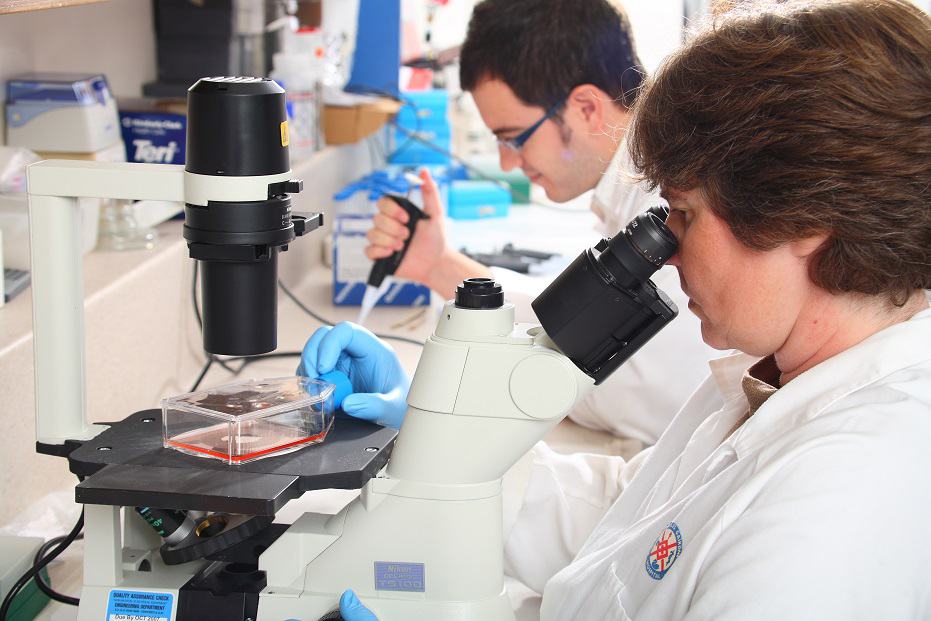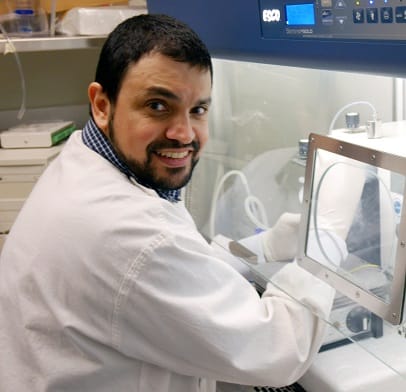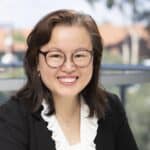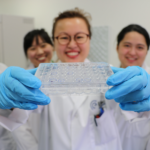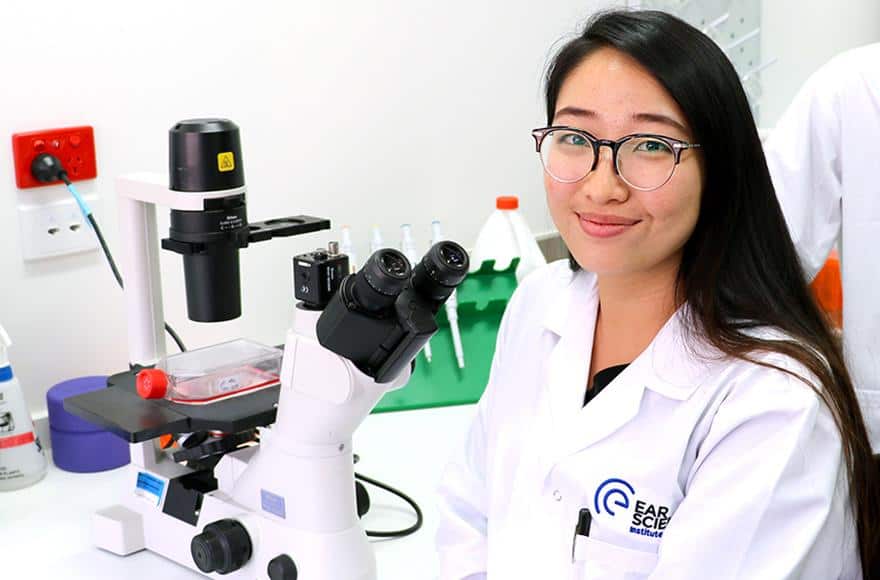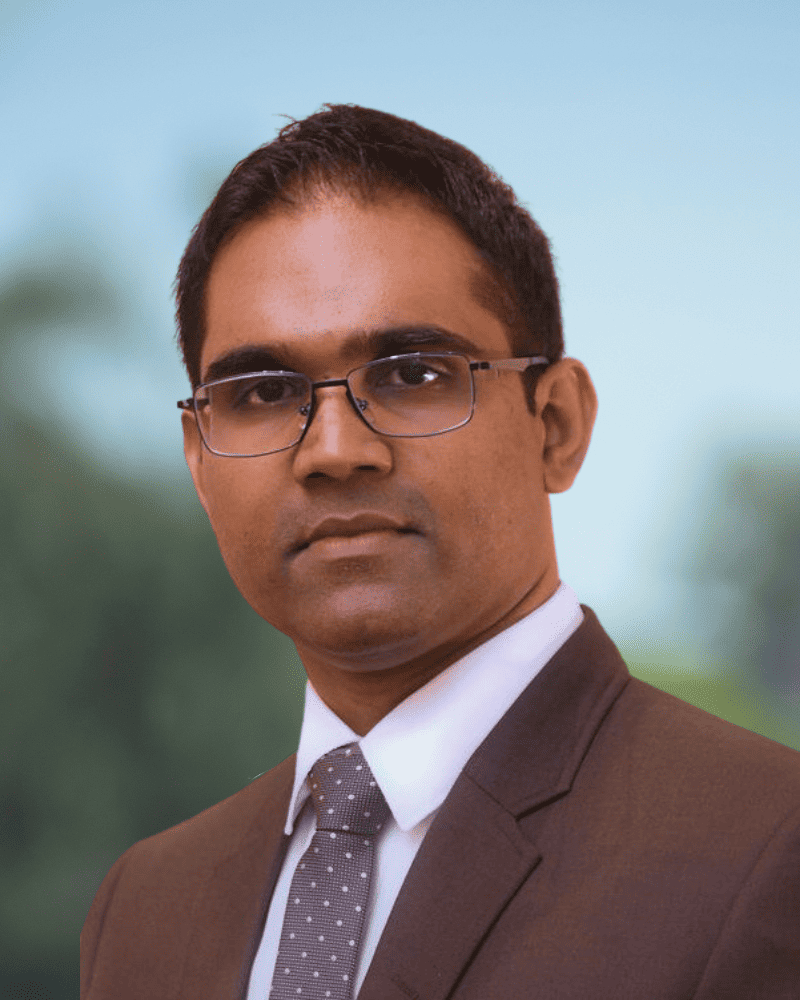
Anjula De Silva
BSc Eng (Hons), PhD
Postdoctoral Research Fellow
BRAIN & HEARING
My research is driven by the passion of applying Engineering to investigate and solve problems in the Biomedical domain.
Dr. Anjula De Silva is an Electrical Engineer, received the PhD from the Swinburne University of Technology, Melbourne developing signal processing algorithms for rapid extraction of the Auditory Brainstem Responses. Then, he worked as a senior lecturer at the University of Moratuwa, Sri Lanka gaining experience in research and teaching related to biosignal processing and biomedical instrumentation.
Non-stationary biosignal processing, machine learning and electronic instrumentation are Anjulas’ key areas of expertise. Primarily, he focuses on using EEG and Event-Related-Potentials in hearing, brain-computer-interfaces and in virtual reality. Also, he works on ‘interpretable’ artificial neural networks for biosignals which improves the confidence of using such technologies in healthcare. Related to electronic instrumentation, Anjula has worked on ear-EEG, interfacing dry electrodes, NIRS and on interfacing high density sensor arrays. Apart from EEG, he has worked on developing technology for early detection of cardiovascular diseases through non-invasive estimation of endothelial dysfunction.
Anjula has attracted substantial research grants from the National Science Foundation of Sri Lanka and from the Senate Research Council of University of Moratuwa to conduct this research.
Areas of research
- Hearing & Cognition
Top publications
Bahavan T.T.N., Navaratnarajah S., Owinda D., Akalanka I., Peiris R.L., and De Silva A.C., “Towards an Objective Measurement of Presence, Place Illusion and Plausibility Illusion in Virtual Reality using Electroencephalography.” Springer Virtual Reality. 2023. https://doi.org/10.1007/s10055-023-00815-x
Tong A., Perera P., Sarsenbayeva Z., McEwan A., De Silva A.C., Withana A. “Fully 3D-Printed Dry EEG Electrodes.” MDPI Sensors. 2023; 23(11):5175. https://doi.org/10.3390/s23115175
Warnakulasuriya, A. S., N. Y. Dinushka, A. A.C. Dias, H. P.A.R. Ariyarathne, C. Ramraj, S. Jayasinghe, and De Silva A.C.. “A Readout Circuit Based on Zero Potential Crosstalk Suppression for a Large Piezoresistive Sensor Array: Case Study Based on a Resistor Model.” IEEE Sensors Journal. 2021; 21 (15): 16770–79. https://doi.org/10.1109/JSEN.2021.3078613.
Kulasingham, J. P., V. Vibujithan, and A. C. De Silva., “Deep Belief Networks and Stacked Autoencoders for the P300 Guilty Knowledge Test.” IECBES 2016 – IEEE-EMBS Conference on Biomedical Engineering and Sciences, 2016; 127–32. https://doi.org/10.1109/IECBES.2016.7843428.
C. De Silva, N C Sinclair, and D Liley., “Limitations in the Rapid Extraction of Evoked Potentials Using Parametric Modeling.” IEEE Transactions on Biomedical Engineering, 2012; 59 (5): 1462–71. https://doi.org/10.1109/TBME.2012.2188527.

